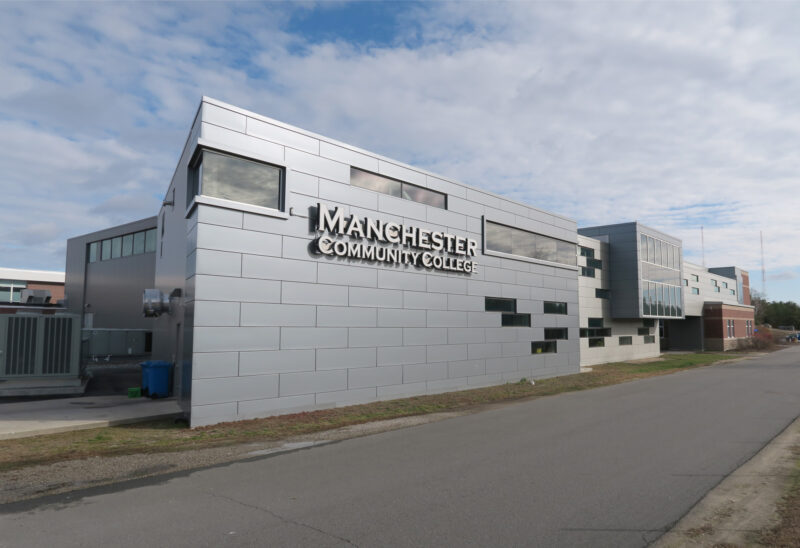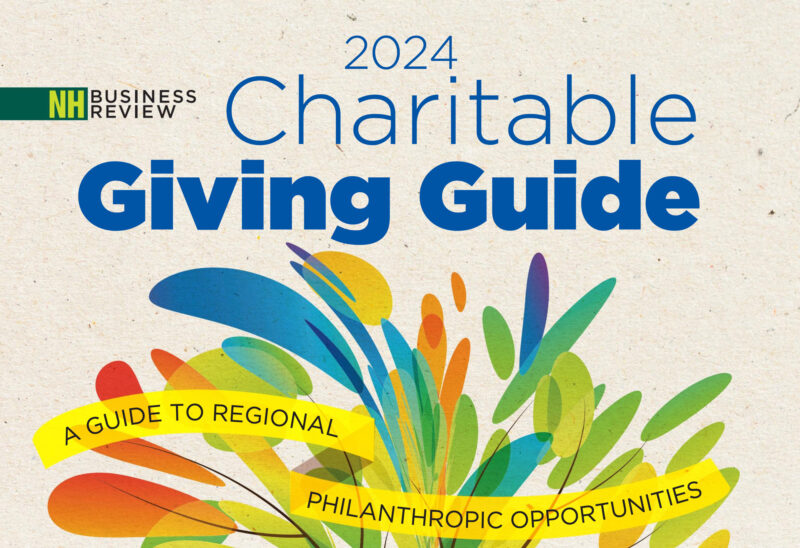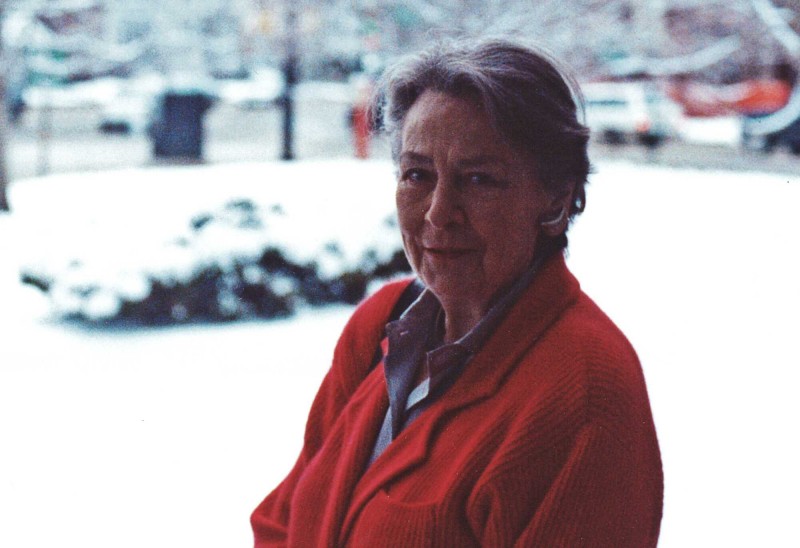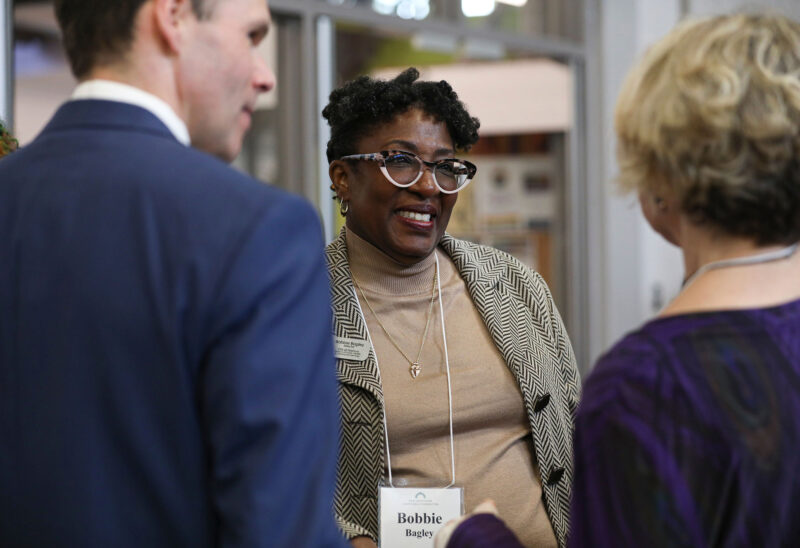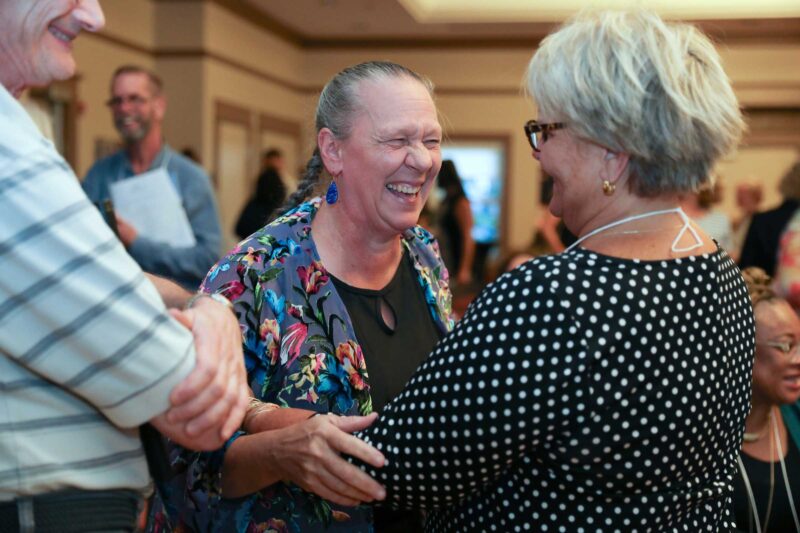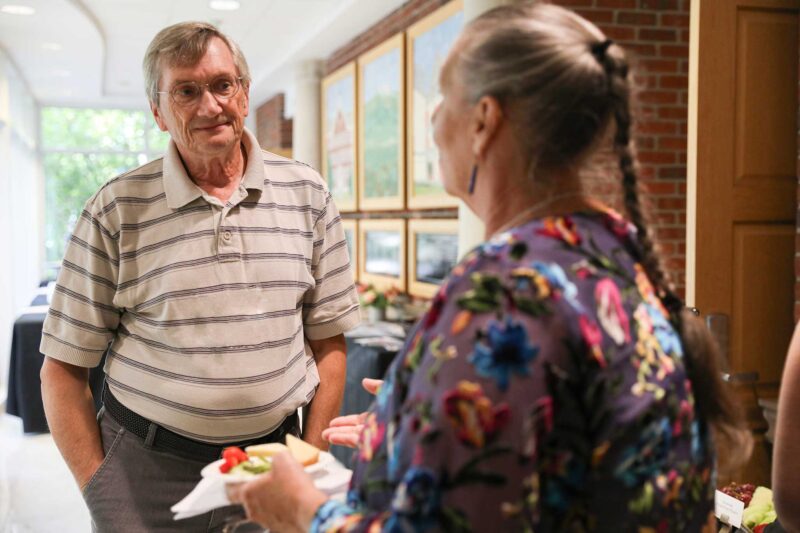John Burns of SOS Recovery Community Organization spoke at a Charitable Foundation community event in Rochester in September. A transcript of his remarks follows.
Good evening. I want to thank the Charitable Foundation for the honor of being here today to share with all of you and for all of the tremendous work they are doing here in New Hampshire to improve the lives of all of New Hampshire.
My name is John Burns, I am a person with lived experience with drug use, trauma, homelessness and recovery. I also have experienced a journey with lived experience with a family member who is now on a recovery journey. I am a guardian caregiver of my eight-year old grandson since he was five months old.
This experience led me to my role as executive director of SOS Recovery Community Organization. SOS formed in 2015 through focus groups and the local community’s input and opened our first peer-based recovery community in Rochester. In September of 2016, we opened with donated office space from a church, an all-volunteer staff and a $5,000 grant from the Charitable Foundation. Today we have expanded to a staff of 15 employees, we have three recovery community centers in Rochester, Dover and Hampton seeing close to 10,000 annual visits and we are about to open a restaurant as a social enterprise project to develop workforce. The goal will be in hiring those in recovery and coming out of incarceration.
The mission of SOS Recovery Community Organization is to support all people affected by substance use with peer-based solutions and advocacy to reduce the harm and stigma of drugs. To do that requires engaging those in our community most marginalized and those most vulnerable to understand what they need, not what we think they need.
We’ve all heard the slogan, “Nothing about us, without us,” and at SOS this is something we live day in and day out and believe. How can we provide services that reduce service barriers since too often programs and services are built in a way that is convenient for the provider but fails to recognize how accessible it is and whether it’s supporting those it’s intended to serve. This is at the core of what we do.
In a time where every overdose is preventable, it’s unacceptable to have one let alone close to 500 annually. It’s not enough to simply serve those in recovery, we need to also identify the people who use drugs in our community and listen to their trauma, meet them where they dream and do so with compassion, radical acceptance and dignity. The people we serve need to be treated with the realization that having access to the necessary healthcare and wellness services should be seen as a basic human right. Stigma isn’t just discrimination, it’s violent and denies our friends and loved ones of basic human rights.
I have a dear friend, Stephen Andrew, who is a tremendous Motivational Interviewing trainer who helped me understand that we need to communicate better so that we could better prepare our staff to help people make changes in their lives to improve their health and well-being. He talks of a trauma whisper that most of our participants experience. It’s approaching each individual understanding that for many they are experiencing a belief that: “I don’t matter, I’m not lovable, and the world is not to be trusted.” He taught me to help people work on “whispers of hopes and dreams”:
- Each person wants control of their life and destiny.
- Each wants to feel purpose,
- To love and be loved
- Finally, to have community.
We are there to provide that, with a focus on surrounding people with hope and community.
Our programs have built their focus on these core values, whether it’s providing peer-recovery support, a meeting, a parenting program or a space for family members. We do this with statewide programs for those involved in the criminal justice system. We do it through our education efforts developing curriculums in peer-recovery supports and motivational interviewing. We do it with creating affirming spaces for our LGBTQ+ community members, making sure we listen to our transgender and queer friends and loved ones in the community and being intentional in our programs and services to undo the damages of the racist war on drugs and gearing services for our Black, Indigenous and participants of color. We provide overdose prevention and naloxone distribution, providing people with safer syringes and education around how to use in a safer manner. Helping to reduce transmission of HIV and Hepatitis C with screenings and partnering with Better Life Partners to offer medication for opioid use disorder in our centers immediately, when people need it. We do it supporting recovery friendly workplaces
Our latest exciting venture is in workforce development. We couldn’t do this without the help of both capital funding and operational funding support we’ve received from the Charitable Foundation. This effort is called Fold’d Restaurant in Somersworth. A modern diner serving breakfast and lunch with a theme of crepes, omelets, tacos and milkshakes in a hub for recovery. Our goal is to give people in recovery and coming out of incarceration a safe, recovery-oriented space to work in the hospitality industry, develop their skills and flourish.
We have always focused on developing the workforce, and we see that with people like Ashley Egan who came in for services, ended up volunteering, getting hired, getting promoted, married and moved. She’s now working for our friends at Waypoint closer to her new home with her family and a new baby.
Mary Boisse, who came to us and learned marketing and development and now is thriving at Lovering Health Center as their Director of Development.
Josh Colwell, who came in for services one day, volunteered, was hired, promoted into supervision, and now is married and thriving with three kids, their own home and a job in business development for a treatment center. Our model works.
And we have our very own Ashley Lewis who developed our statewide criminal justice program and is the person who now makes me look good as our Director of Operations. In six years, she reunified with her son, got married, had another baby and is raising her family.
These are the stories we will continue at Fold’d and this is what can happen when you provide not just recovery services but the hope and belief in people who may not yet believe in themselves.
We have so much more work to pursue and improve upon but with the support of the Charitable Foundation and our community we are committed to making New Hampshire a better place with our community and for every member of our community.
Thank you all for your time and the tremendous support.

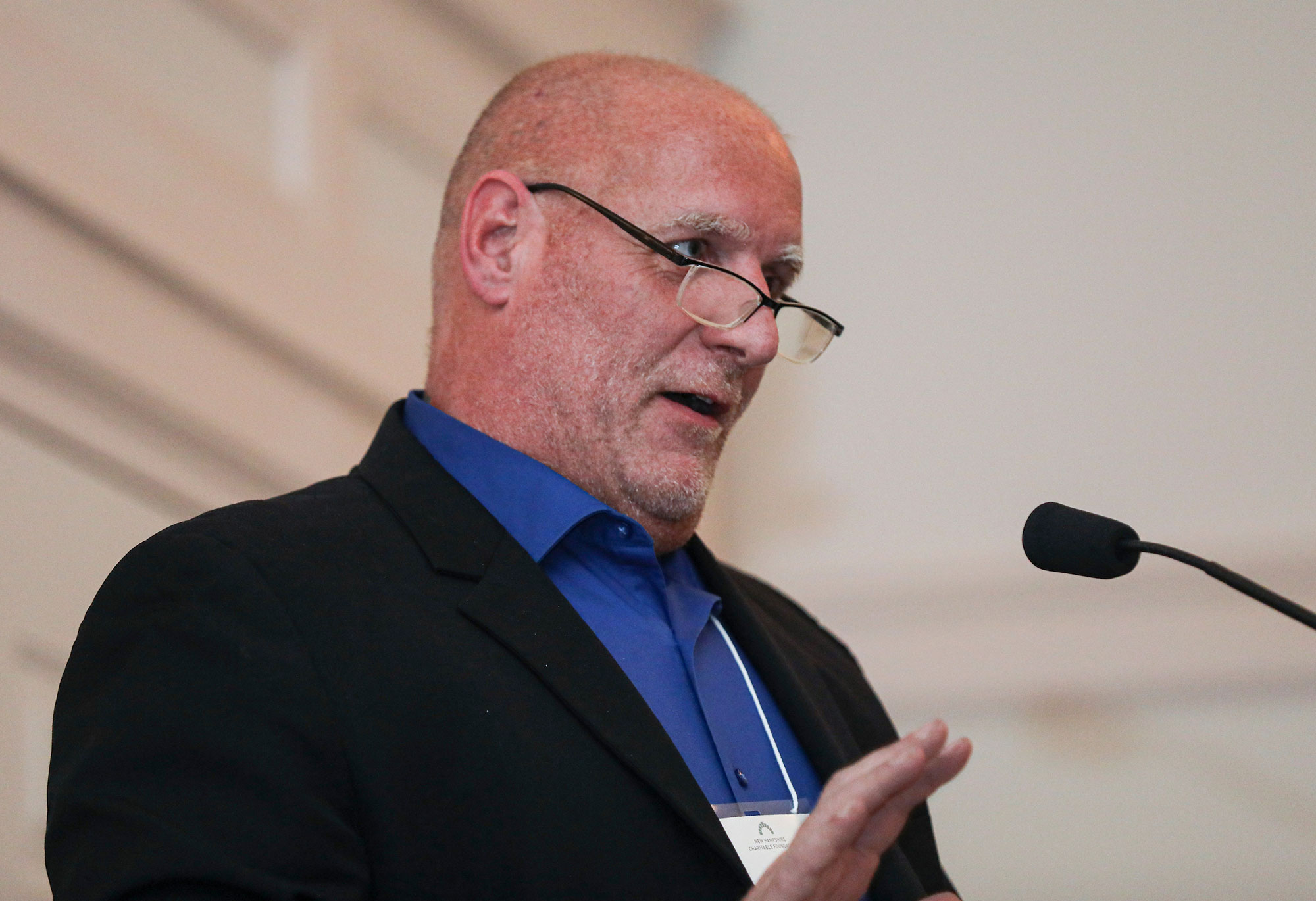








![Rev. Heidi Carrington Heath joined Seacoast Outright. [Photo by Cheryl Senter]](https://www.nhcf.org/wp-content/uploads/2024/05/Heidi-Carrington-Thumbnail-800x548.jpg)
![Dr. Jennie Hennigar treats a patient at the Tamworth Dental Center [Photo by Cheryl Senter]](https://www.nhcf.org/wp-content/uploads/2024/05/TCCAP-Hero-800x548.jpg)

